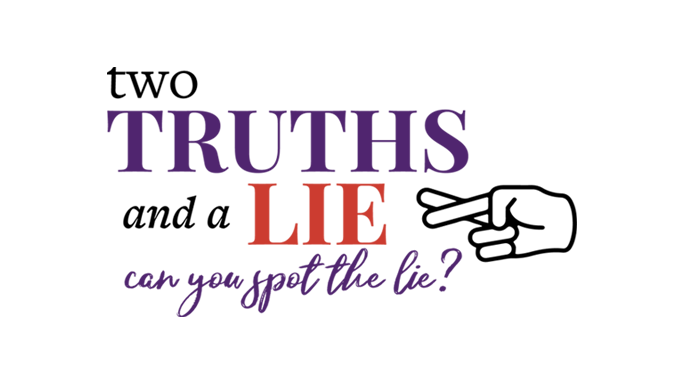The Voting Rights Act of 1965 (VRA) was passed to give black Americans access to the ballot, which had been unconstitutionally denied to them in parts of the United States. How much do you know about the Voting Rights Act? Can you identify which of the following statements about voting rights in America is not true?
A. Voting is a fundamental privilege of every American over the age of 18 protected by federal statutory and constitutional law.
B. Efforts to ensure election integrity illegally discriminate against black voters in violation of the Voting Rights Act.
C. The Voting Rights Act included federal oversight of particular jurisdictions. Congress intended this local oversight to be temporary.
Let’s take these statements one at a time:
A. Truth! Today, voting rights are protected by the U.S. Constitution and by federal statute. The 15th Amendment, passed after the Civil War, prohibits the denial or abridgement of the right to vote “on account of race, color, or previous condition of servitude.” The Voting Rights Act (the “VRA”) gives the federal government the power to enforce the 15th Amendment and to protect Americans from voting discrimination.
B. Lie! The Voting Rights Act was passed to prevent racist election officials from using seemingly neutral policies (such as literacy tests) to deny ballots to black citizens. It was not intended to prohibit states from enacting common sense election rules (such as voter identification requirements or prohibitions on vote harvesting), aimed at preventing fraud.
C. Truth! Although Section 2 of the Voting Rights Act permanently empowers the federal government to enforce voting rights nationwide, Section 5 requires jurisdictions with a history of discriminatory election practices to “pre-clear” any electoral changes with the federal government. The Supreme Court upheld Section 5’s unprecedented intrusion into local authority only because it was enacted as an emergency, temporary measure to remedy intentional discrimination. After more than half a century of civil rights progress, it is reasonable to ask whether it remains necessary for the federal government to micromanage local election procedures in specific jurisdictions.
Bottom line: The federal government has an important role to play in deterring and prosecuting voting rights violations. But the Constitution vests primary authority for voting regulations with the states and the federal government should not micromanage local election procedures in jurisdictions with no recent history of voting discrimination.

